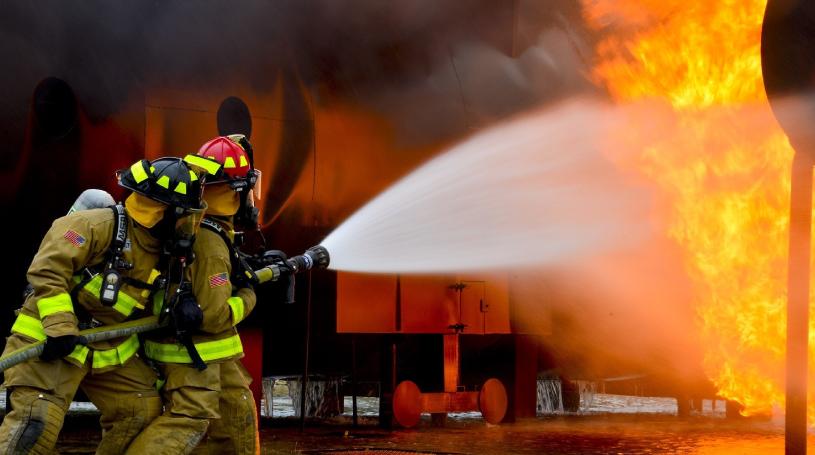Tragic loss of life in the Marshalltown fire last week is a stark reminder that ignoring a problem does not make it go away
The tragic loss of life in the Marshalltown fire last week is a stark reminder that ignoring a problem does not make it go away.
That the tragedy should involve an infamous building, the place of the ‘dompas’, synonymous with Apartheid, adds further insult to a devastating collective injury.
Urban decay is a symptom of dysfunctional local government. Johannesburg, Tshwane and eThekwini have all buckled to varying degrees under the pressure of the enormous influx of jobseekers previously excluded from the mainstream economy. Local government capacity cannot keep up with the enormous and growing demand for accommodation, jobs and basic services, with the result that vacant buildings are hijacked or vandalised. News reports emerging in the wake of last week’s fire suggest there are hundreds of buildings where a similar tragedy may have occurred.
Cape Town is not immune to this challenge but has to a certain extent mitigated the negative impacts by bolstering its Problem Building Unit. According to the City the Unit has significantly improved its success rate, by closing 293 problem building cases in the 2022/23 financial year compared with just 77 in 2021/22. This is a noteworthy achievement.
The most recent State of the City report issued by the Central Improvement District also contains encouraging news. Retail confidence rose steadily in 2022 according to the CCID’s quarterly Business Confidence Index. In total 83.3% of retailers said they were “satisfied” with current business conditions – a positive sentiment in stark contrast to retail confidence in other metro areas.
There are however several other Cape Town challenges where urgent intervention is required, across all tiers of government, such as the City’s crime rate and urban mobility crisis.
Simply ignoring a problem is never a solution, and generally makes matters worse. This applies to insidious urban decay as much as to corruption or infrastructure maintenance.
John Lawson
CEO of the Cape Chamber of Commerce & Industry

